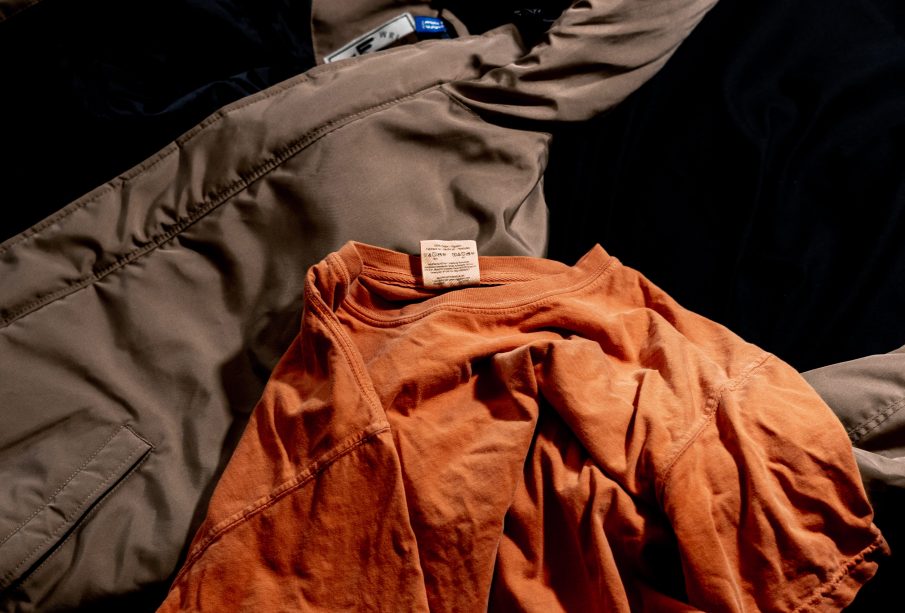Truth and Reconciliation Day falls short of actual reconciliation

Government gesturing symbolically
The federal government passed legislation to make September 30 the “National Day for Truth and Reconciliation.” As a federal statutory holiday, all workers in federally regulated workplaces will have a paid day off. However, the Saskatchewan government is not recognizing the day as a statutory holiday for people in the province. Lorena Lynn Cote, an assistant professor of Indigenous language at the First Nations University, believes the day of commemoration is not enough and that the province failing to acknowledge it is a sign of the racism Indigenous people face time and time again.
Although the province has indicated that it will not be recognizing the day as a statutory holiday – joining Ontario as one of the few outliers not to do so – in a press release, the City of Regina stated that they would be recognizing the day as a statutory holiday, despite the province choosing the opposite. City manager Chris Holden said, “We recognize the importance of officially honoring September 30 in commitment to the Truth & Reconciliation Commission’s Calls to Action.”
According to Canada.ca, “this day provides an opportunity for each public servant to recognize and commemorate the legacy of residential schools. This may present itself as a day of quiet reflection or participation in a community event.” Cote agreed with this sentiment and said she believes people across the country should be using the day to learn about residential schools and Indigenous culture. She added, “Aboriginal Day does a little bit of that, but not enough.”
Cote also pointed out that September 30 is already “Orange Shirt Day,” a day of solemn reflection in the genocide that occurred in residential schools, and now it shares the same day with Truth and Reconciliation Day. She told The Carillon, “we’ve had some discussions amongst some of the communities I work with. We were having discussions about the day, the day is what we consider Orange Shirt Day. And we were wondering, why are they putting Truth and Reconciliation on the 30th? We already consider that our Orange Shirt Day, which represents residential school.”
Cote confirmed that she and the community members she spoke to want the two different events of commemoration to fall on separate days because they both deserve their own day where people can properly reflect on residential schools and truth and reconciliation as two things that are relate, but also distinct from one another. Although acknowledging, reckoning with, and making reparations for residential schools is a key component of Truth and Reconciliation, the TRC’s calls to action are broader in scope. So far, Canada has failed to make much progress on enacting the calls to action and papering over Orange Shirt Day with a new federal holiday seems like one more misstep.
In terms of what the day falls short of, Cote said, “this truth and reconciliation should have happened when the first residential school closed.”
A part of truth and reconciliation needs to be more investment in the languages, according to Cote. She said she believes that language is an essential part of the culture that will be gone soon if there isn’t action taken quickly. “We’re losing our elders at a fast rate, and along with them goes the language,” said Cote.
When asked about how the day might fall short of what is needed, Cote said, “you know, part of truth and reconciliation is giving us back our language and our culture, or letting us practice and letting us learn our language, letting us practice our culture. We have to beg for dollars for that and we shouldn’t have to. That’s what reconciliation means, give us back everything that was taken.”
Among others, the Saskatchewan Federation of Labour is calling upon the Saskatchewan Party government to recognize the day. According to the SFL, “The National Day for Truth and Reconciliation is an opportunity for all of us to reflect upon the tragedy of the residential school system, to honour the victims and survivors of residential schools, and to commit to reconciliation,” said SFL president Lori Johb.
Cote expects Indigenous people to spend the day talking about their culture and to share stories about their past, as opposed to taking the day as a holiday.
Many people might want to use the day as a regular holiday to relax and vacation, but Cote said that she wants people to take the day and reflect, rather than use it as another regular holiday. She thinks people should spend the day “learning about residential schools, learning about First Nations people, learning about our history; not a little bit about our culture and language. Like Aboriginal Day does a bit of that, but not enough.”
With other provinces and territories recognizing the statutory holiday, such as Newfoundland and Labrador, pressure is mounting for the Saskatchewan Party to take action and commit to giving everyone in the province September 30 off with pay. However, it’s unlikely that the province will do so. Saskatchewan is consistently one of the worst places in Canada to live as an Indigenous person, a fact that is directly attributable to provincial policy decisions and systemic and interpersonal racism. 78 per cent of prisoners in the province are Indigenous, while Indigenous people make up only 12 per cent of the population. More than one quarter of children in Saskatchewan live in poverty, a number that jumps to nearly 50 percent when accounting only for Indigenous children. Indigenous people in the province consistently have poorer health outcomes than their White neighbours and are more likely to be represented among the urban homeless, factors that are, again, directly related to systemic racism and policy decisions made by colonial governments of all political persuasions.









